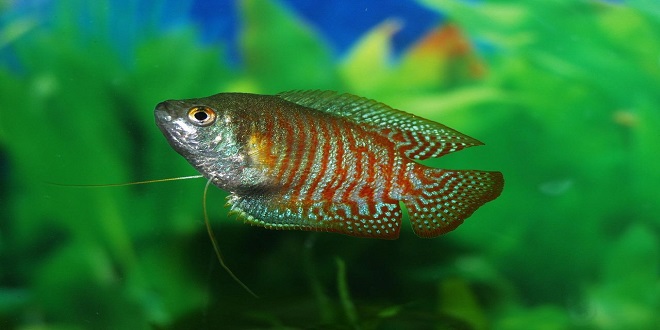How Hardy Are Bettas? – A Quick Guide to Tank Size and Gender

If you’re new to keeping exotic betta fish for sale and have heard that bettas are one of the most challenging carnivorous freshwater fish to keep, then this article is for you. After all, these little guys require specific care if they are to thrive in captivity. Still, with a little bit of research and patience, keeping a Betta in captivity can be a rewarding experience. Bettas are some of the most challenging freshwater fish you can keep as they are not only difficult to breed but their needs extend beyond the typical aquarium requirements. Keeping them in captivity also requires specialized knowledge and constant care. They need space equivalent to a small office or bedroom in order to properly display their natural behaviour, which means that smaller tanks aren’t ideal for adult males. However, if you are willing to put in the time and effort, caring for these little guys can be extremely rewarding.
So, how hardy are Betta fish?
Bettas are one of the most commonly kept freshwater fish. They are commonly recommended to beginners as they are relatively easy to care for and inexpensive to purchase. However, they are also one of the most challenging fish to keep. Betta fish are found in many tropical and subtropical regions of the world, including Asia, Africa, and South America. They are small, cute, colourful fish that are usually reddish-gold in colour. They have a long, narrow body with a bluish-grey back, a reddish-gold belly, and a gold-coloured tail. Their bodies are slightly raised above the bottom of the aquarium, making them easy to spot from above. Bettas are carnivorous and will eat almost anything that fits into their mouths. They are omnivores, meaning that they eat both plants and animals. They prefer proteins like fish, shrimp, brine shrimp, blood worms, and mussel shells. Bettas prefer mature tanks with plenty of hiding places. Male bettas need larger spaces than females. They also prefer tanks that are densely planted with stems and leaves that they can use as hiding places. Because they are a moult-dependent species, they need mature tanks that have been established for at least 3 months, preferably a year or more. Bettas are sensitive to water quality. They are extremely sensitive to pH, but also need specific, low-pH water. Bettas are extremely sensitive to hardness and should be kept only in soft water, preferably acidic water. Bettas thrive on acidic water. They can only survive in an acidic pH that is between 6.0 and 6.5. They are a moult-dependent species and cannot enter estrus (heat) if the water is too alkaline or too high in pH. Bettas are extremely sensitive to water hardness. Like all fish, they need soft, water when young and mature. However, as they get older, their bones increase in mineral density, which makes them more susceptible to the negative effects of hard water.
Bettas prefer mature tanks with plenty of hiding places.
Bettas are small, colourful, omnivorous fish. That sounds like a great combination of traits that would make a great tank mate for other, larger fish. Unfortunately, that’s not the case. Bettas are ambush predators, meaning that they hide in the vegetation and wait for their prey to swim by. That’s why they need densely planted tanks with lots of hiding places.
Male bettas need larger spaces than females.
Male bettas need larger spaces than females. They are territorial and aggressive towards other tank mates. They are larger and need more space for their territorial displays. Female bettas require less space than males, although they also have a tendency to be territorial. They are smaller, less aggressive, and would be better suited to a smaller tank where they can still display their attractive colours. While male bettas are larger and more aggressive, female bettas are smaller, less aggressive, and easier to keep in a community tank with other fish.
Conclusion
We hope that we were able to demystify the hardiness of the Betta fish. We hope that you can now make an educated decision based on research, rather than relying on stereotypes and hearsay. Bettas are some of the most challenging freshwater fish you can keep as they are not only difficult to breed but their needs extend beyond the typical aquarium requirements. Keeping them in captivity also requires specialized knowledge and constant care. They need space equivalent to a small office or bedroom in order to properly display their natural behaviour, which means that smaller tanks aren’t ideal for adult males. However, if you are willing to put in the time and effort, caring for these little guys can be extremely rewarding.





